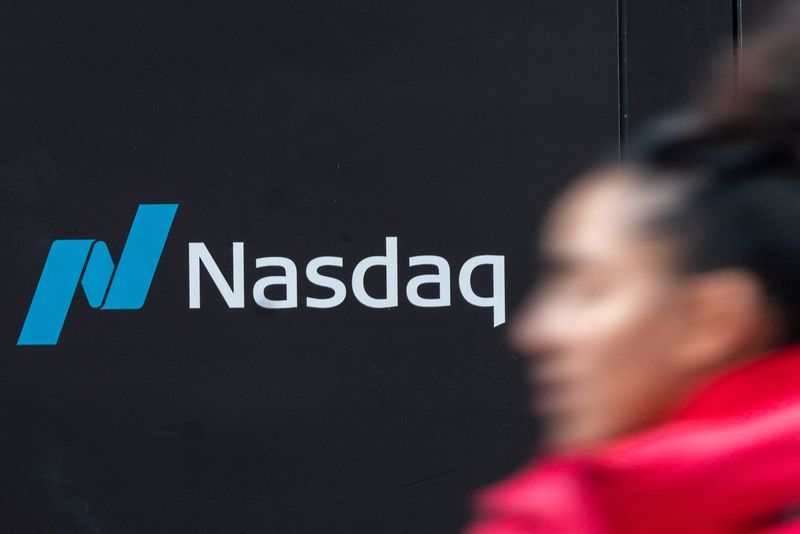By Joey Roulette
WASHINGTON (Reuters) -Astra Space this week asked Nasdaq for more time to bring its stock price above $1 to avoid being delisted from the U.S. stock exchange, the company said Thursday as it tries to revamp its rocket business against financial headwinds.
Nasdaq told Astra in October last year that the company fell out of compliance with listing rules when its shares remained below $1 for 30 consecutive business days, giving the rocket builder until April 5 to increase the share price or face a booting from the stock exchange.
With its share price at $0.42 upon closing Thursday, Astra Chief Financial Officer Axel Martinez wrote in a blog post that the space company formally requested on Monday another six-month window to raise the share price above $1 for 10 consecutive business days as required to stave off a delisting.
He said the Alameda, California-based company expected to hear back from Nasdaq around April 5 and "we are not aware of any reason why our application would not be approved".
A delisting determination could deepen Astra's financial woes, potentially pushing the company into a private market where many investors anxious over inflation are ditching the space sector for safer bets.
Nasdaq rules state Astra would be elligible for an extra six-month period if, among other requirements, it showed an intent to get its share price above $1 during the period, either from the stock's natural performance or by executing a reverse-stock split.
A reverse-stock split is an often desperate measure in which a company merges a certain number of shares to form a smaller amount of proportionally more valuable shares.
Astra is expected to report fourth-quarter results March 30. Within the next few months, analysts say, the company is expected to offer an update on development of Rocket 4, a more powerful successor to its previous rockets that were cancelled after several failures and shifts in market demand.

The company's pivot to the larger Rocket 4 has been tested by other financial struggles, including the collapse this month of Silicon Valley Bank, which held 15% of Astra's cash, equivalents and marketable securities.
Astra competes with a handful of other firms planning larger rockets like Rocket Lab, Firefly Aerospace and Richard Branson's embattled Virgin Orbit. The firm also competes with larger rockets from companies like Elon Musk's SpaceX, whose missions offering shared rides to space has chiseled away demand for smaller rockets.
